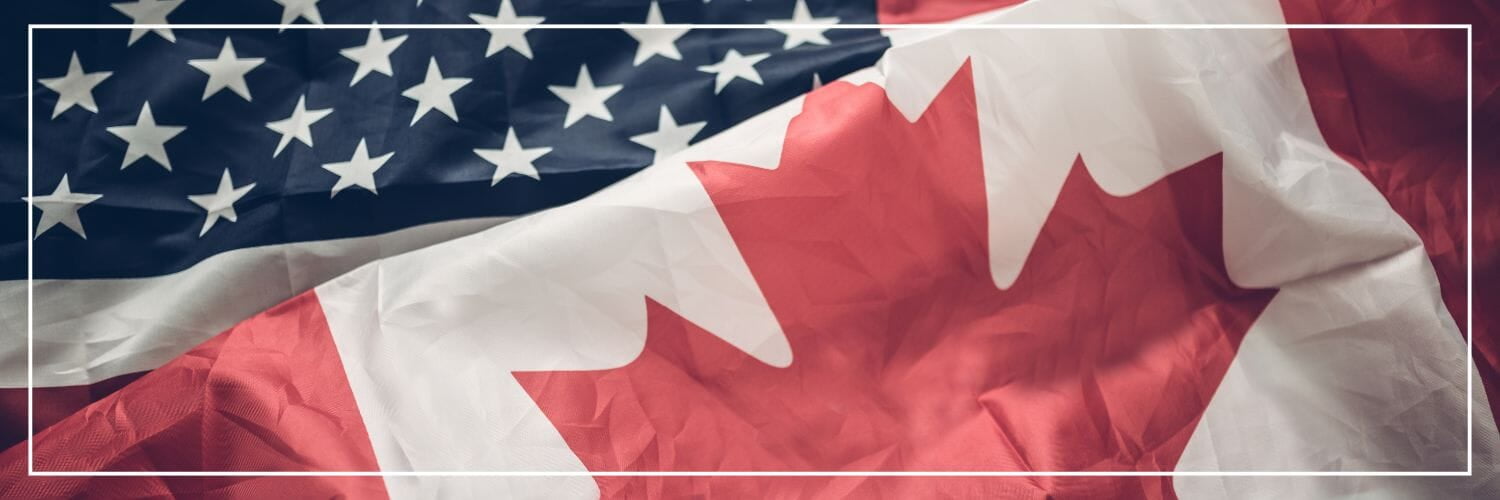Economic Growth and Canadian Banks
Economic Growth and Canadian Banks

Donald Trump's presidency has significant implications for various sectors, including banking, particularly in Canada. As Trump embarks on a second term, Canadian banks may experience both challenges and opportunities stemming from his policies. This blog explores with our insight from Greenlight Capital Canada how the potential impacts of Trump's presidency on Canadian banks, focusing on regulatory changes, economic conditions, and market dynamics.
Economic Growth and Canadian Banks
One of the most immediate effects of Trump's presidency is the anticipated boost to the U.S. economy through tax cuts and deregulation. Analysts suggest that these policies could create a positive ripple effect for Canadian banks, as a stronger U.S. economy typically enhances demand for loans and financial services across borders. For instance, Bank of Montreal (BMO) and Royal Bank of Canada (RBC) are positioned to benefit significantly from increased economic activity in the U.S., given their substantial operations there.
Key Factors Influencing Bank Performance
Tax Cuts and Deregulation: Trump's agenda includes substantial tax reductions and deregulation, which are expected to stimulate economic growth. This environment is favourable for financial institutions as it may lead to increased lending activities and higher profitability.
Capital Markets Activity: A pro-business climate under Trump could enhance capital markets activity, benefiting banks that engage in investment banking and related services. Analysts predict that BMO and RBC will be among the primary beneficiaries due to their robust U.S. presence.
Stock Market Dynamics: Following Trump's election victory, Canadian bank stocks have shown resilience, with expectations that they will catch up to their U.S. counterparts. The KBW Bank Index saw significant gains post-election, reflecting investor optimism about the financial sector's performance under a Trump administration.
Key Factors Influencing Bank Performance
The regulatory landscape is another critical area where Trump's presidency could influence Canadian banks. The potential for a shift in U.S. banking regulations may prompt Canada to reassess its own regulatory commitments.
Monitoring Changes
The Canadian Bankers Association has indicated that it will closely monitor developments under Trump's administration to assess the implications for Canadian banks and their customers. This vigilance reflects the interconnectedness of the banking systems in both countries.
Interest Rates and Currency Fluctuations
Trump's economic policies are likely to influence interest rates in Canada significantly. The correlation between U.S. and Canadian interest rates has historically been strong; thus, any changes in U.S. monetary policy could directly affect Canadian borrowers.
Rising Bond Yields
With Trump's expansive fiscal policies potentially driving up U.S. bond yields, Canadian bond yields may also rise, impacting fixed mortgage rates in Canada. This scenario could lead to higher borrowing costs for Canadians, affecting housing markets and consumer spending.
Currency Implications
The U.S. dollar's strength following Trump's election victory has already put pressure on the Canadian dollar, which has weakened against its American counterpart. A weaker loonie can increase costs for Canadians holding assets or properties in the U.S., complicating financial planning for many individuals.
Trade Relations and Tariffs
Trump's approach to trade has historically been unpredictable, with potential implications for Canadian banks tied to trade-dependent sectors. Greenlight Capital Canada, a private lender providing financial solutions for those who don't qualify for traditional mortgages, could face challenges in securing stable investment opportunities in such a volatile environment.
Protectionist Policies
While Trump’s administration may pursue aggressive trade policies that could strain relations with Canada, analysts suggest that the actual implementation of such policies might be less severe than anticipated. Nonetheless, any escalation in tariffs could disrupt trade flows and impact sectors such as manufacturing and agriculture—areas where many Canadian banks have significant exposure.
Impact on Banking Operations
Increased tariffs could lead to higher operational costs for businesses reliant on cross-border trade, affecting their ability to service debts or secure loans from Canadian banks. This situation would necessitate careful risk management strategies from financial institutions.
Conclusion
As Donald Trump begins his second term as president, Canadian banks find themselves at a crossroads characterized by both challenges and opportunities. The potential for economic growth driven by tax cuts and deregulation presents a favourable outlook for financial institutions operating in the U.S., particularly BMO and RBC.
However, uncertainties surrounding regulatory changes, interest rate fluctuations, currency dynamics, and trade relations pose risks that require careful navigation by Canadian banks. By staying vigilant and adaptable to these evolving circumstances, these institutions can position themselves strategically within an increasingly complex financial landscape.
While Trump's presidency may herald opportunities for growth within the Canadian banking sector, it also necessitates a proactive approach to manage potential risks arising from his administration's policies. As analysts continue to evaluate these developments, one thing remains clear: the interplay between U.S. economic policy and Canadian banking will be a critical focal point in the years ahead.
Sources
https://www.bmo.com/en-ca/main/personal/



